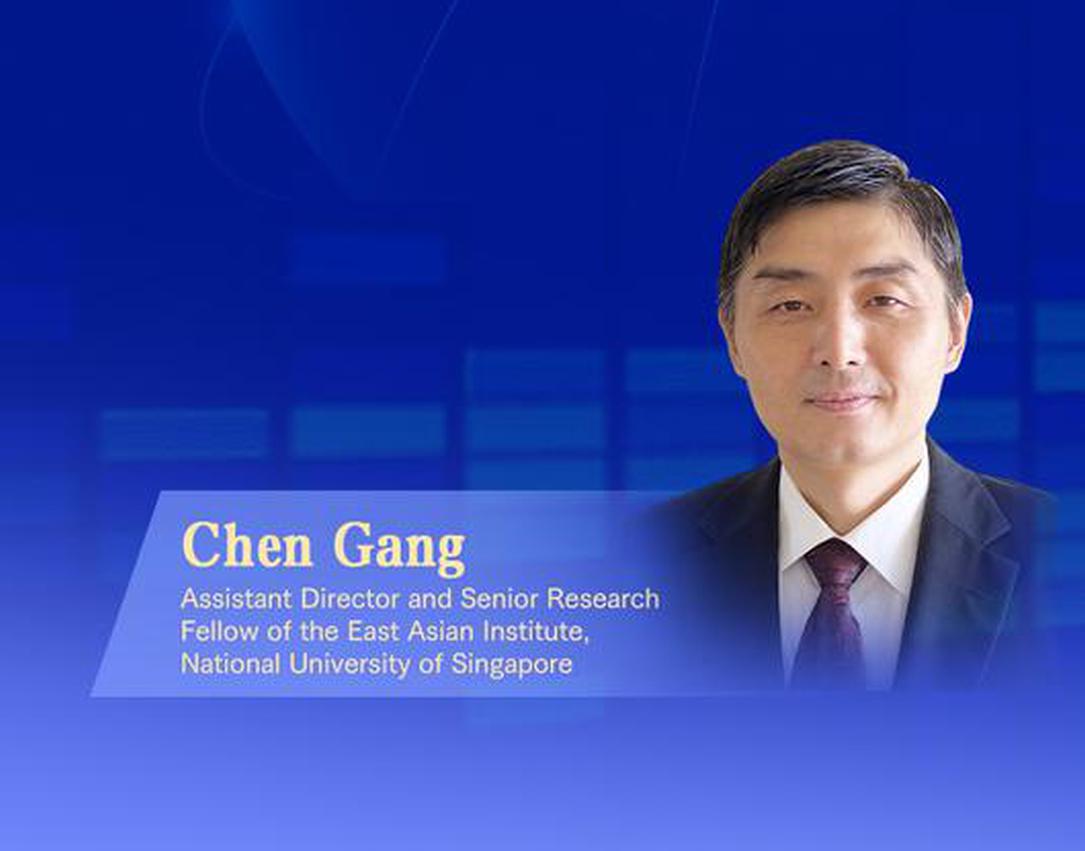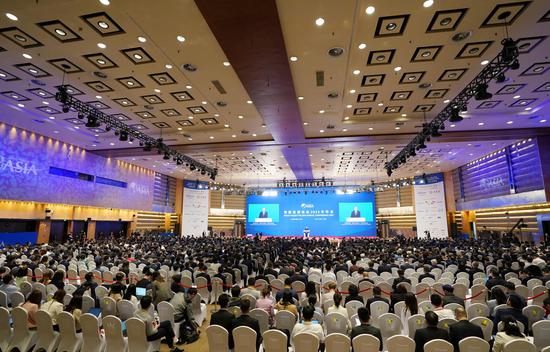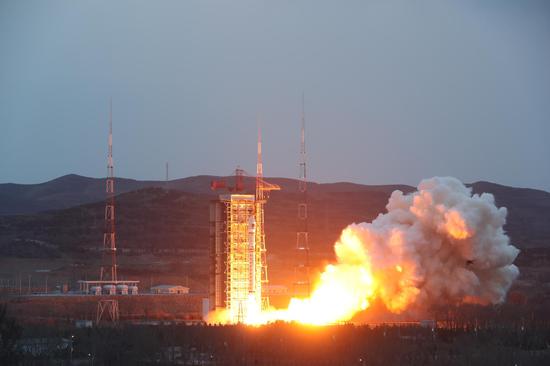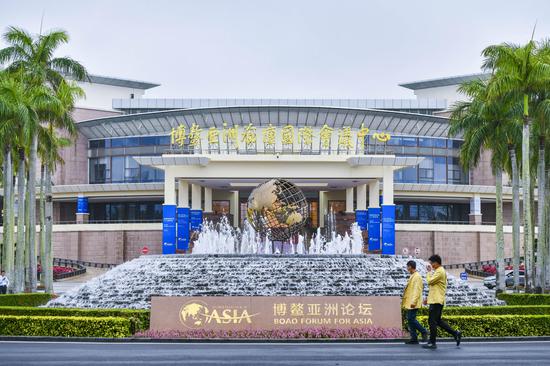International cooperation key so all can benefit from internet, experts say
While upholding independence, equality and mutual respect, China will continue to increase international exchange and cooperation on law-based cyberspace governance so more people can benefit from the internet, officials and experts said.
"We stand ready to partner with all other countries to explore effective ways to make the internet more beneficial to humanity and contribute to building a fair, open, inclusive, safe, stable and energetic cyberspace," Cao Shumin, vice-minister of the Cyberspace Administration of China, said while introducing a white paper on the matter at a recent news conference.
Titled "China's Law-Based Cyberspace Governance in the New Era", the white paper was issued by the State Council Information Office on March 16. It demonstrates China's efforts to boost cyberspace governance by improving legislation, enhancing public awareness and strengthening international exchange over nearly 30 years.
Cao said the rule of law has helped the developing country with the largest number of internet users in the world innovate and blaze its own trail of law-based cyberspace governance that observes both Chinese specificities and international norms.
She also said that China has played an active role in international cyberspace rulemaking, contributing ideas and solutions to global internet development.
At the same time, Cao emphasized that China respects the cyber-sovereignty of other nations and supports the participation of all countries in global cyberspace governance on equal footing.
"With different conditions, political systems, cultural backgrounds and laws, every country has the right to choose its own method of cyberspace governance," she said.
"We'll strengthen international exchange and cooperation to reform the global cyberspace governance system to ensure that all countries share the opportunities brought by the development of the internet, and build a community with a shared future in cyberspace," she added.
Noting that cyberspace is a global space, Wang Yi, a law professor at the Renmin University of China, said that all countries share the same desire to develop the digital economy, face the same challenges posed by cybersecurity threats and have the same need to improve cyberspace governance.
"The same desires, challenges and needs are proof of the significance of international cooperation in cyberspace governance," he said.
Wang said that while China should continue to play its role in global cyberspace rulemaking, other less developed nations should also participate.
"More participation from developing countries will help maintain international fairness and protect the international system with the United Nations at its core," he said.
Calling on China to create more cyberspace rules that can be internationally accepted, Wang said the country has made a great effort to promote rulemaking in recent years, including creating platforms for global cyberspace dialogue.
According to the white paper, China has expanded cyberspace cooperation with some of the United Nation's special organizations, taken an active role in formulating UNESCO's Recommendation on the Ethics of Artificial Intelligence and cooperated extensively with the World Intellectual Property Organization in adjusting domain name rules and settling related disputes.
China is also a member of the Regional Comprehensive Economic Partnership. Under the agreement, the 15 member states have established regional rules regarding electronic signatures and authentication, online consumer protection, personal information protection, cybersecurity, cross-border transfers of information by electronic means and IP rights protection, the white paper said.
While engaging in bilateral and multilateral dialogue and exchange in law-based cyberspace governance, China has also increased international law enforcement and judicial cooperation on cybersecurity.
From March to June last year, for example, it was one of 76 countries to participate in an operation named First Light 2022. Initiated by Interpol, the operation led to 2,000 arrests and the interception of $50 million in illicit funds, which helped curb transnational scams.
In addition, China has focused on building a global platform promoting connectivity, understanding and mutual trust in the rule of law in cyberspace.
For instance, every year since 2014, China has hosted the World Internet Conference, which is attended by representatives from governments, international organizations, internet companies, think tanks, industry associations and technology communities, the paper added.


















































 京公网安备 11010202009201号
京公网安备 11010202009201号